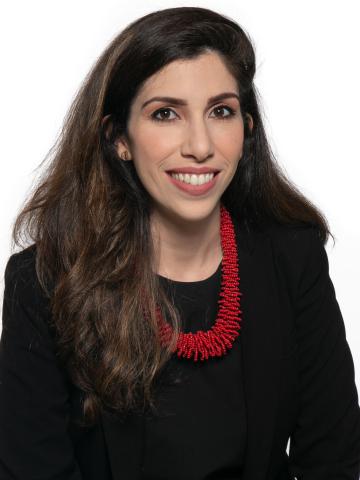Climate action at a crossroads
The 28th Conference of the Parties (COP 28), which brings together over 200 countries under the UN Framework Convention on Climate Change, and also serves as the meeting to the parties of the Paris Agreement, is at a critical juncture. The conference will mark the culmination of the inaugural Global Stocktake (GST), a comprehensive inventory process to measure global progress in climate action. Enshrined in the Paris Agreement, the GST is set to happen every five years in a collective effort to take stock of all the advancements and setbacks in climate action.
The Climate, Environment and Economic and Digital Transformation team at UNSSC conducted an exclusive interview with Dr. Cecilia Kinuthia-Njenga, United Nations Framework Convention on Climate Change (UNFCCC) Director of the Intergovernmental Support and Collective Progress Division, to hear her thoughts and reflections on the key objectives of the GST and its fundamental framework. This framework maps climate action across three different areas: mitigation, adaptation and means of implementation.
The preliminary outputs of the GST are summarized in the Technical Dialogue Synthesis Report which listed 17 key findings on how to advance climate action. The document mostly reinforces the messages shared by other outlets, such as the Intergovernmental Panel on Climate Change (IPCC) and stresses the urgency of bolder action towards the 1.5C degree threshold.
In the interview Cecilia asserts capacity building as the cornerstone of a more ambitious and effective climate action and acts as a means of implementation of the commitments made in the context of the Paris Agreement.
The era of global warming has ended” and “the era of global boiling has arrived.” With these words, Antonio Guterres, UN Secretary-General, underscored the urgency of acting on emissions, climate adaptation and climate finance.
2023 is a crucial year in this regard since it is not only breaking temperature records but it also marks the midpoint to many commitments of the Paris Agreement on Climate Change. Unfortunately, our window of opportunity to realize most of these goals is rapidly closing, and this year might be our last chance to course correct.
Climate education – in all its different shapes and forms – is crucial to bolder and more effective climate action. At UNSSC, we acknowledge the pivotal role of education in tackling the pressing issue of climate change. By enhancing knowledge on the origins and impacts of climate change, we are able to foster informed decision-making and champion policies aimed at minimizing greenhouse gas emissions and advancing sustainability.
Our diverse learning programmes, resources, and art exhibition serve as conduits for empowering individuals and organizations. We aim to elevate awareness, encourage the adoption of sustainable practices, and contribute to the formulation of effective policy solutions. Our dedication to climate education stems from our firm belief that access to essential knowledge and resources is a universal right, instrumental in forging a sustainable future for all.
This content is part of a series on Climate Education organized by the UNSSC as part of the pre-COP28 preparation. In the following weeks, we will be exploring some of the most important topics being negotiated at the annual meeting and offer you some tools to make the most out of the event. The interview featured here was originally recorded for the online course “The Paris Agreement on Climate Change as a Development Agenda”.
